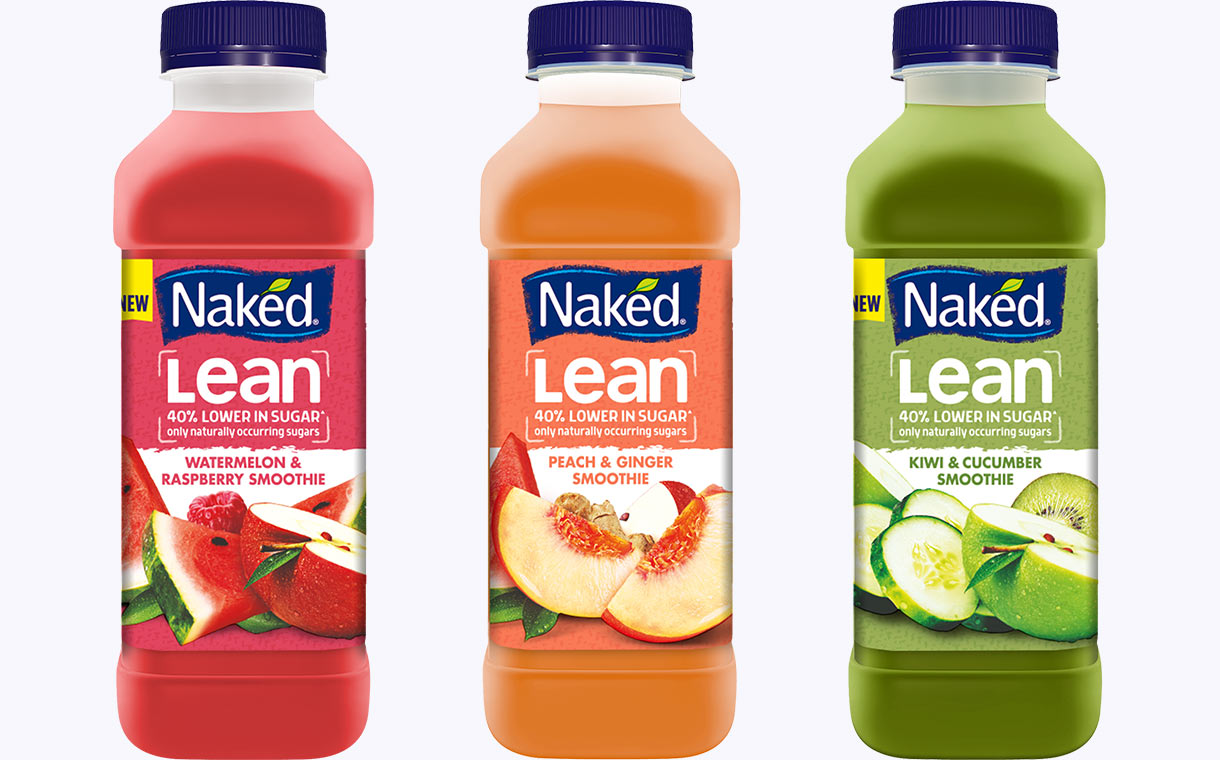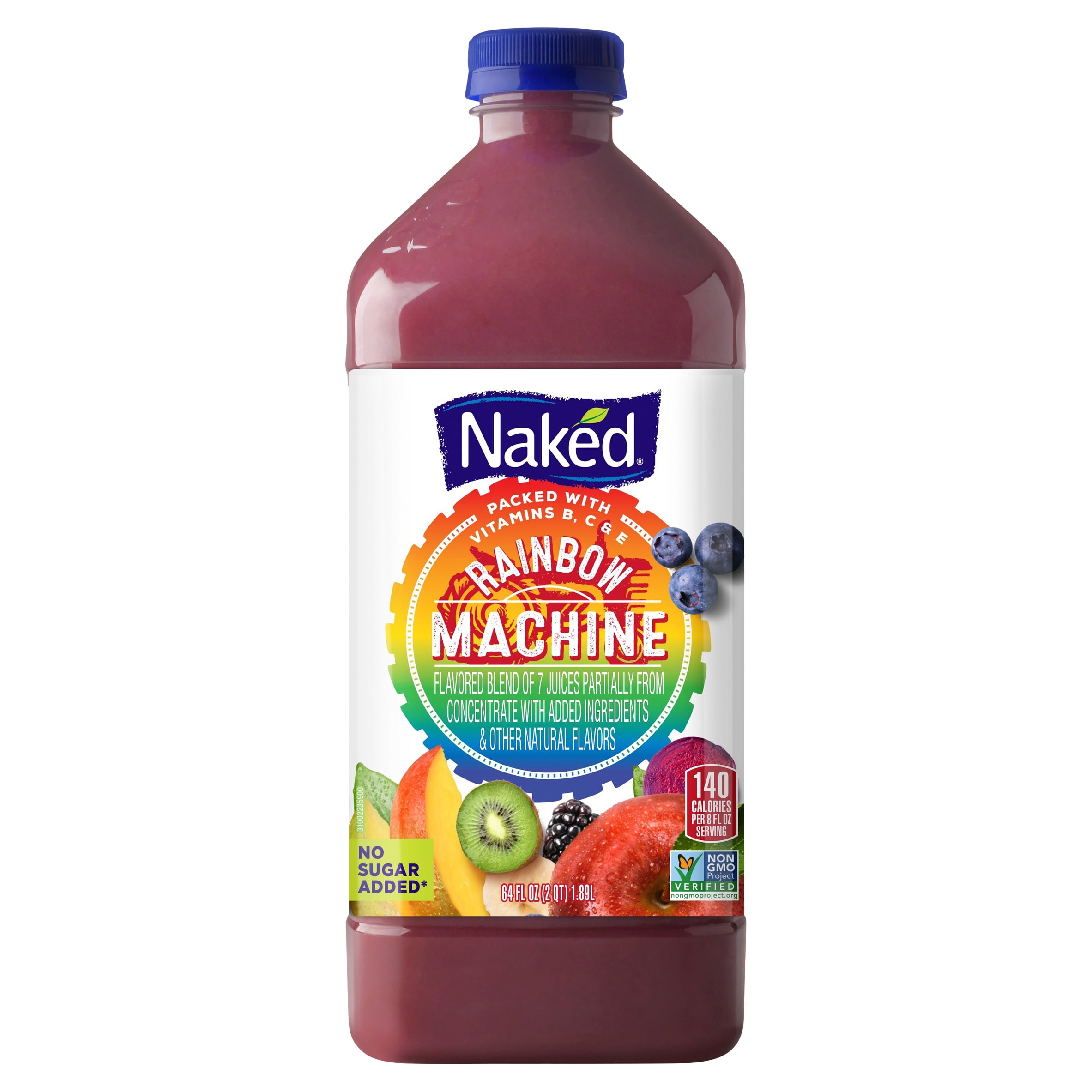

If lawyers who are supposed to represent the interests of the class action group cannot freely talk to the press about the settlement and cannot have complete freedom to spread information about how consumers can make a claim to the $9 million dollars, it begs the question: whose interests are the plaintiffs’ lawyers truly representing? Any communication would have to contain language that was agreed upon in the settlement or would need prior approval from Naked Juice. The lawyers representing four of the five plaintiffs (Adhoot & Wolfson Glancy Binnkow & Goldberg Finkelstein Thompson Ridout Lyon & Ottoson), who negotiated and signed off on the settlement, agreed to a provision which said that they would not freely communicate with the press in order to publicize the case. THE DETAILS THEY DON’T WANT YOU TO KNOW ABOUT Yet, as one digs deeper into the fine details of this lawsuit settlement, there are some extremely troubling details of which the general public is completely unaware. It also puts other food manufacturers on serious notice that GMOs are anything but natural and cannot be marketed as such. Without a question, this is a big, big win for consumers and is a huge step forward for more accurate labeling in the U.S. Since these ingredients are either genetically-engineered or synthetically produced and do not exist in nature, it is completely misleading to consumers for these juices to claim to be “All Natural.”Īs part of the settlement, Naked Juice, a subsidiary of PepsiCo, has agreed to remove the label “All Natural” from all of its juices and to pay a $9 million settlement to the class action group.

The primary basis of the lawsuit stemmed from the company’s use of the words “All Natural” on products that contained Archer Daniels Midland’s Fibersol-2 (“a soluble corn fiber that acts as a low-calorie bulking agent”), fructooligosaccharides (an alternative sweetener), other artificial ingredients, such as calcium pantothenate ( synthetically produced from formaldehyde), and genetically-modified soy. A regular contributor to The Los Angeles Times, she has also written for The New York Times, The Washington Post, Glamour, Marie Claire, The Daily Beast and Wine Spectator, among others, as well as for Salon, where she was a longtime editor and senior writer.Last week, Naked Juice agreed to settle a very important class action lawsuit which accused the company of deceptive labeling. And it “didn’t cost us any extra money,” she said.Īmy Reiter is a writer and editor based in New York. Tatiana Andreyeva, of the University of Connecticut’s Rudd Center for Food Policy and Obesity, told the Times the program prompted healthier eating. Guess what? The consumption of things like sugary beverages plummeted by almost 25 percent, whereas the consumption of fruits, veggies and whole grains rose by 5 percent. People had to use their own money for foods the department considered non-healthy. According to the New York Times, starting in 2009, the department gave participants vouchers for fruits, vegetables and whole-grain foods, and it limited the purchases of milk, cheese and juice. That’s one takeaway from a review of food subsidy programs like Special Supplemental Nutrition Program for Women, Infants and Children (aka WIC) following a move by the Department of Agriculture to encourage those in the program to make healthier food choices without boosting the program’s budget. It also accuses PepsiCo of flouting Food and Drug Administration regulations by failing to not make clear that the drinks are “not a low-calorie food.” Consumers, CSPI litigation director Maia Kats said, are “not getting what they paid for.” PepsiCo has called the allegations in the suit “baseless.”Įating healthier doesn’t have to cost more. After all, its label promises “goodness inside.” But, in a class-action lawsuit filed last week, the Center for Science in the Public Interest (CSPI) has accused Naked Juice parent company PepsiCo of misleading consumers by suggesting that the fruit and veggie juices are primarily filled with ultra-healthy “acai berry, blueberries, kale, and mango,” when in reality the product lines’ chief ingredients are orange juice or “cheap, nutrient-poor apple juice.”ĬSPI contends the juices’ “no sugar added” claim is misleading as well, suggesting that the juices’ sugar content is low, when actually it’s quite high - nearly as much per bottle as a 12-ounce can of Pepsi.

When you reach for a Naked Juice, you probably think you’re doing something good for yourself.


 0 kommentar(er)
0 kommentar(er)
